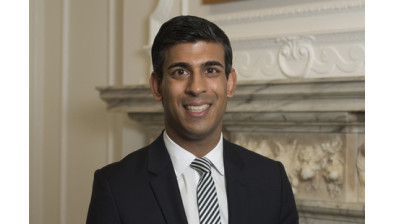CIOT: UK Income tax changes raise prospect of further Scottish divergence

The Chartered Institute of Taxation (CIOT) has responded to the Chancellor’s announcement last week, that the UK basic rate of income tax will be reduced to 19p and the UK additional rate of income tax abolished from April 2023.
These changes will not apply to Scotland, where the power to set rates and bands of non-savings, non-dividend income tax are devolved. However, the CIOT has argued that it will lead to further points of divergence between the Scottish and UK income tax regimes in the absence of changes to the existing Scottish income tax regime.
Sean Cockburn, chair of the CIOT’s Scottish Technical Committee, revealed that bringing the reduction to the UK basic rate forward by a year means that from 2023, Scottish Ministers will be unable to say that some Scots face lower tax bills compared to the rest of the UK.
He said: “We won’t know how the Scottish Government intends to respond until later this year so absent this detail, it raises the prospect that all Scottish taxpayers earning more than £14,732 will now pay more income tax compared to taxpayers in the rest of the UK.
“As an illustration, someone in Scotland earning £27,850 would have paid the same amount of tax as someone living in the rest of the UK this year. The changes announced by the Chancellor mean that from next year, they would pay £152.80 more.”
He added that the abolition of the additional rate tax raises the prospect of “significant income tax divergence for taxpayers” with income above £150,000.
Mr Cockburn concluded: “In Scotland, the ‘top’ rate of tax (as it’s called) is charged at 46p. Someone earning £200,000 next year would pay £6,045.80 more in income tax compared with someone in the rest of the UK”.







